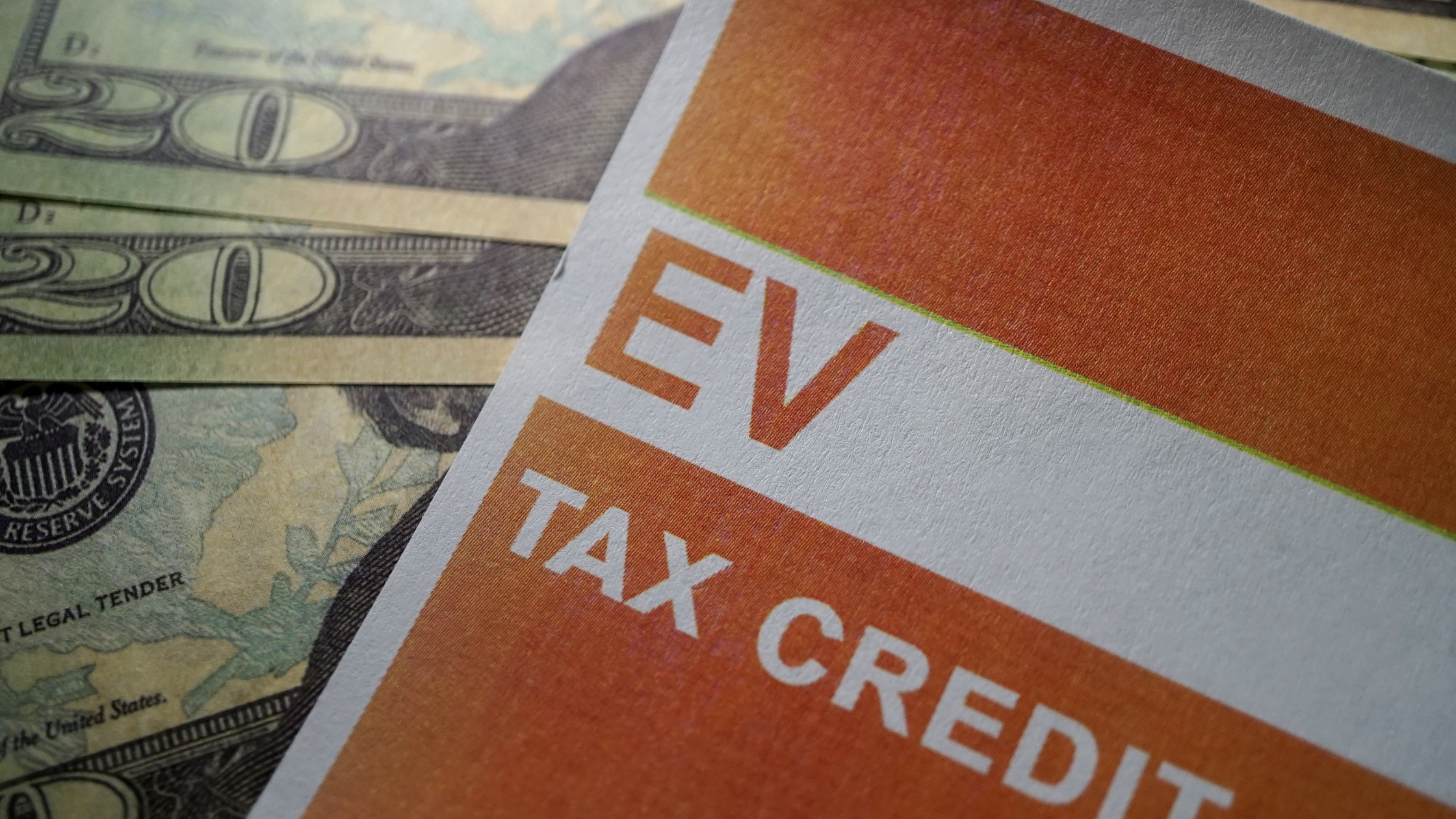Tax Benefits of Owning an Electric Vehicle in 2023
Electric vehicles (EVs) are evolving at a fast pace and this year it's delivering attractive incentives to environmentally conscious drivers. Beyond, the obvious benefits of owning an EV like saving money on gas, lower maintenance and being great for the environment, the Electric Vehicle Tax Credit courtesy of the Internal Revenue Service (IRS) is making even non-EV owners take a second look. Let's break down how this credit can benefit you in the upcoming tax season.
The IRS is offering a federal tax credit if you purchase an electric vehicle before the year is out. The goal of this new tax credit is to encourage drivers to adopt sustainable and clean alternatives to transportation. Now, depending on the capacity of the vehicle's battery and the manufacturer will determine the credit amount.
Key Details of the EV Tax Credit
Maximum Credit Amount:
Depending on the size of the vehicle's battery the maximum credit amount will range from $2,500 to $7,500.
Phase-Out Period:
If you want to take advantage of this credit, then act fast because the tax credit will start to phase out once a manufacturer sells 200,000 qualifying vehicles. Be sure to check the eligibility of the EV model you are considering.
Battery Capacity:
Based on the capacity of the vehicle's battery is how the credit amount is determined. Keep in mind, vehicles with larger battery capacities will receive a higher credit.
How the EV Tax Credit Works
If you decide to purchase a qualifying electric vehicle, then you may be eligible to claim the EV Tax Credit when you file your federal tax return. With the credit directly reducing your tax liability, it has the potential to leading to a refund or a reduction in the amount of taxes owed.
How to Claim the EV Tax Credit
Check Your Eligibility:
Refer to the IRS website or consult with your vehicle manufacturer to determine if the EV you are purchasing qualifies for the tax credit.
Retain Necessary Documentation:
Including the Manufacturer's Certification Statement that confirms the vehicle's eligibility for the credit, be sure to keep all relevant documents.
File Form 8936:
When you file your federal tax return, you will also complete the IRS Form 8936, "Qualified Plug-In Electric Drive Motor Vehicle Credit".
Consult a Tax Professional:
Consider consulting with a tax professional to ensure accurate filing of your federal tax return and properly applying the credit.
If you have been thinking of purchasing an EV then this years tax credit is a great opportunity while enjoying significant financial benefits.
Happy driving!
About Charli Charging
Charli Charging is a Portland-based, innovative, Electric Vehicle (EV) charging service provider offering affordable, turn-key solutions for EV charging station installation and operation. Our strategy is centered on affordability, reliability, simplicity, accessibility and equity in access. Our mission is to enable the everyday driver to seamlessly transition to an electric vehicle by installing EV charging stations wherever cars live.
CONTACT:
Lakeshia Williams - Marketing Manager


